A Comprehensive Guide to the Indian Public Service Exam: Pathway to a Successful Career
Understanding the Indian Public Service Exam
The Indian Public Service Exam (IPSE) serves as a critical gateway for aspiring candidates seeking a career in the civil services of India. Officially conducted by the Union Public Service Commission (UPSC), this rigorous examination is designed to recruit individuals for various prestigious services, including the Indian Administrative Service (IAS), Indian Police Service (IPS), and Indian Foreign Service (IFS), among others. The IPSE has evolved significantly since its inception, reflecting the changing socio-political landscape of the country.
The significance of the IPSE extends beyond mere employment; it represents the embodiment of governance and administration in India. Successful candidates of this exam are entrusted with crucial responsibilities that directly impact the welfare and development of society. As civil servants, they are tasked with implementing government policies, maintaining law and order, and representing India in international forums, which emphasizes the importance of this examination in shaping the nation’s future.
The history of public service examinations in India can be traced back to the British colonial period when it was first introduced to ensure a merit-based system for administrative services. Post-independence, the need for a structured examination system became even more pronounced, leading to the birth of the modern-day UPSC examinations. Over the years, the syllabus and structure have undergone numerous revisions to adapt to the evolving educational standards and societal needs. Today’s IPSE comprises a preliminary examination, a main examination, followed by an interview, which aims to assess not only the academic capabilities of candidates but also their aptitude and personality traits, crucial for a successful career in public service.
As the IPSE continues to play a pivotal role in the recruitment process for civil services in India, understanding its intricacies is essential for aspirants. A comprehensive grasp of the examination’s structure, its significance, and the history that has shaped it will provide candidates with the foundation they need to navigate this formidable journey.
Eligibility Criteria for Aspirants
To embark on the journey of the Indian Public Service Exam (IPSE), candidates must adhere to specific eligibility criteria established by the Union Public Service Commission (UPSC). Understanding these requirements is crucial for all aspirants aiming to secure a position in the esteemed civil services of India. The primary categories of eligibility encompass age limits, educational qualifications, and additional prerequisites tailored for different categories of candidates.
The age limit for general category candidates is generally set between 21 and 32 years. However, this limit varies for candidates belonging to reserved categories. For instance, Scheduled Castes (SC) and Scheduled Tribes (ST) candidates are provided with a relaxation of up to five years, allowing them to appear for the exam until the age of 37. Additionally, Other Backward Classes (OBC) candidates are afforded a three-year age relaxation, enabling them to apply until the age of 35. These age relaxations are essential to promote inclusivity and ensure equal opportunities for all aspirants in the examination process.
Regarding educational qualifications, candidates must possess a bachelor’s degree from a recognized university. This requirement underscores the importance of a solid academic foundation for aspiring civil servants. The degree can be obtained in any discipline, thus broadening the scope for a diverse group of candidates to enter the civil services. Moreover, candidates appearing for their final year examinations are also eligible to apply, provided they can present their degree proof at the time of the interview.
Other prerequisites include the necessity for candidates to be Indian citizens or, in some cases, subjects of Nepal or Bhutan. Additionally, aspirants must ensure they fulfill any medical or physical standards set forth by the UPSC. By meeting these eligibility criteria, candidates can adequately prepare for the IPSE and pave the way toward a successful career in the Indian public service domain.
Exam Structure and Phases
The Indian Public Service Examination (IPSE) is a highly competitive assessment composed of three major phases: the Preliminary Examination, the Main Examination, and the Personality Test (interview). Each of these phases has a distinct format and marking scheme that candidates must thoroughly understand to maximize their chances of success in this rigorous selection process.
The first phase, the Preliminary Examination, consists of two objective-type papers, each carrying 200 marks. The questions predominantly assess the candidates’ general knowledge, current affairs, and analytical skills alongside decision-making abilities. Notably, this phase is eliminative, meaning that only those candidates who score above the designated cut-off will qualify for the subsequent phase, making it imperative for aspirants to perform exceptionally well.
Upon clearing the Preliminary Examination, candidates advance to the Main Examination, which includes nine papers, of which two are qualifying in nature. The remaining seven papers are evaluative and cover a range of subjects, including essay writing, general studies, and optional subjects chosen by the candidates. Each of these papers is critically assessed, contributing to the final score that determines whether a candidate proceeds further in the selection process. The Main Examination entails an in-depth evaluation of a candidate’s knowledge and understanding, thereby requiring substantial preparation and mastery of subjects.
The final phase of the examination process is the Personality Test, which is an interview conducted by a panel of experts. This stage weighs heavily on the candidate’s personality traits, communication skills, and overall demeanor. It is essential in gauging a candidate’s suitability for public service roles, as well as their ability to handle real-world administrative challenges. Overall, each phase of the IPSE plays a crucial role in identifying the most qualified candidates for esteemed positions within the Indian civil services.
Syllabus and Subject Selection
The Indian Public Service Examination (IPSE) is a comprehensive and rigorous process that assesses candidates for various civil services in India. Understanding the detailed syllabus is crucial for aspirants to effectively prepare for each stage of the examination which consists of Preliminary, Main, and Interview phases. The syllabus for IPSE is designed to evaluate not only the knowledge of candidates but also their analytical abilities and decision-making skills.
The Preliminary Examination comprises two objective-type papers: General Studies I and General Studies II (also known as the Civil Services Aptitude Test or CSAT). General Studies I encompasses a wide range of subjects including Indian history, geography, current events, environmental ecology, and general science. General Studies II assesses candidates on their comprehension, logical reasoning, and basic numeracy. Understanding these components is vital for aspirants to perform well in the preliminary stage.
The Main Examination consists of nine papers, including mandatory and optional subjects. Candidates must select one optional subject from a prescribed list, which includes multiple disciplines such as Sociology, Geography, Political Science, and Public Administration. It is imperative to choose an optional subject that aligns with one’s interests and strengths, as this can significantly impact the overall score. Performance in the optional papers can compensate for lesser scores in the General Studies papers, thereby making the selection critical.
In terms of resources, aspirants are encouraged to utilize NCERT textbooks, standard reference books, and online platforms offering detailed insights into the syllabus. Additionally, engaging in peer discussions and taking mock tests can enhance understanding and retention of subjects. Ultimately, a well-planned strategy tailored to the individual’s strengths and areas for improvement is essential for succeeding in the IPSE.
Preparation Strategies for Success
Preparing for the Indian Public Service Exam (IPSE) requires strategic planning and diligent effort. One effective approach to ensure comprehensive preparation is to establish a well-structured study plan. An ideal study plan should take into account the syllabus, exam pattern, and the candidate’s strengths and weaknesses. Allocate specific time slots for each subject and build in periodic reviews to assess your understanding and retention of the material.
Time management plays a crucial role in the preparation phase. With a vast syllabus to cover, prioritizing tasks and creating a schedule that allows for balanced study sessions is essential. Break your study time into manageable intervals, often referred to as the Pomodoro Technique, which involves focusing intensely for a specific time and taking short breaks. This method can enhance concentration and productivity, enabling effective learning.
Utilizing available resources can also significantly impact your preparation journey. Coaching institutes often provide structured courses designed to cover the IPSE syllabus efficiently. They offer expert guidance, regular assessments, and a competitive environment, which can be highly beneficial. Alternatively, for those who prefer self-study, a plethora of online courses and webinars are available, enabling flexible learning at your convenience.
In addition to formal courses, a variety of preparation books can serve as valuable study materials. It is advisable to consult textbooks that are well-regarded in the field, as they often compile essential information necessary for the exam. Additionally, integrating current affairs into your study routine by following reputable news outlets and journals can keep you well-informed and enhance your writing and analytical skills, which are crucial for the examination.
Ultimately, a combination of a solid study plan, effective time management, and diversified resources will pave the way for a successful IPSE preparation experience. Embracing these strategies will undoubtedly enhance your confidence and readiness as you embark on this challenging yet rewarding journey.
Common Mistakes to Avoid
Preparing for the Indian Public Service Exam (UPSC) is a formidable challenge that requires diligence and strategic planning. However, many candidates navigate this path with various pitfalls that can hinder their chances of success. Understanding these common mistakes is crucial for effective preparation and maintaining a positive mindset throughout this rigorous process.
One of the primary errors candidates make is underestimating the syllabus. The breadth and depth of the subjects covered in the UPSC are extensive. Many aspirants tend to skim through the syllabus, focusing only on popular subjects while neglecting others. It is essential to cultivate a holistic understanding of all topics and allocate adequate time for each subject to avoid a lopsided preparation that could impede progress.
Another common mistake is poor time management. Many candidates create a study schedule but fail to adhere to it or underestimate the time required for revision. Effective time management is critical for balancing preparation alongside other responsibilities. Implementing techniques such as the Pomodoro Technique or time-blocking can significantly enhance efficiency and ensure all subjects receive appropriate attention.
Aspirants should also be wary of not practicing previous years’ question papers. Many overlook this vital step, assuming that reading theoretical concepts alone is sufficient. Engaging with past question papers helps candidates familiarize themselves with the exam format, question types, and marking schemes. This practice can also highlight topic areas that need further revision.
Moreover, maintaining a balance between preparation and mental health is vital. Candidates often overload themselves with studies, leading to exhaustion and diminished performance. It is essential to integrate breaks and leisure activities into one’s schedule, allowing for mental rejuvenation. Lastly, cultivating resilience against setbacks can help maintain a conducive learning environment and foster a positive mindset, which is instrumental for success.
Interview and Personality Test Insights
The final stage of the Indian Public Service Exam (IPSE) is the Personality Test, commonly referred to as the interview. Unlike previous stages, which predominantly assess candidates through written examinations, this stage emphasizes personal attributes, communication skills, and overall personality. The Personality Test is designed to evaluate not only candidates’ knowledge but also their aptitude, social traits, and suitability for a career in public service.
Typically, the interview is conducted by a panel of experienced members, which may include retired civil servants, psychologists, and domain experts. Each candidate is interviewed for approximately 20 to 30 minutes, during which the panel may engage them in a dialogue covering various topics, including current affairs, personal background, educational qualifications, and scenarios linked to public administration. Questions often assess critical thinking, decision-making capabilities, and ethical reasoning, reflecting the dynamic scenarios that candidates may face in their future roles.
Preparation for this stage should be systematic and focused. Candidates are advised to stay updated on current events, especially those that relate to governance, policies, and socio-economic issues in India. Additionally, a thorough understanding of one’s own educational background, interests, and experiences is essential, as questions may explore these areas. Mock interviews can provide valuable practice and help candidates refine their responses, body language, and confidence levels.
Moreover, self-awareness is crucial during the Personality Test. Candidates must demonstrate authenticity and clarity of thought, showcasing their unique perspectives on public service. It is beneficial to convey enthusiasm, adaptability, and a willingness to engage with diverse viewpoints. Overall, a well-rounded preparation approach will equip candidates with the necessary skills and insights to navigate this pivotal phase of the IPSE effectively.
Success Stories from Previous Candidates
The journey to clearing the Indian Public Service Exam (IPSE) is often filled with challenges and obstacles, but the success stories of past candidates serve as a testament to the resilience and determination needed to achieve this prestigious accomplishment. Many candidates come from diverse backgrounds, facing unique challenges on their road to success. Their experiences highlight the importance of dedication, strategic planning, and support systems in achieving one’s goals.
One inspiring tale is that of Priya Singh, who, after multiple attempts, finally succeeded in her quest to become an IAS officer. Priya faced significant hurdles, including financial constraints and a demanding family environment. However, she remained focused on her goal, developing a study schedule that balanced her familial responsibilities with her preparation. Her advice to future candidates emphasizes the value of time management and seeking support from peers, which can significantly ease the learning process.
Another remarkable story is that of Rajesh Kumar, who, despite working full-time in the corporate sector, managed to clear the IPSE on his first attempt. Rajesh attributed his success to disciplined study habits and consistent revision. He suggests that aspirants should utilize every available resource, from online courses to mentorship from successful candidates. His experience illustrates that with the right strategy, determination can lead to success, even when time is limited.
Additionally, Neha Joshi’s journey is noteworthy; she overcame language barriers and self-doubt before excelling in the exam. Neha invested time in enhancing her language skills and practicing answer writing, ultimately turning her weaknesses into strengths. Her story serves as a reminder that perseverance and continuous self-improvement can yield remarkable results in the competitive landscape of the IPSE.
These stories not only highlight the diverse paths candidates have taken but also offer valuable insights and motivation for those aspiring to clear the Indian Public Service Exam. They remind us that success is often a combination of hard work, strategies, and the unwavering belief in one’s abilities.
Future Trends in Indian Public Service Examinations
The landscape of public service examinations in India is undergoing significant transformation, driven by various factors including technological advancements and shifting societal expectations. One of the prominent trends emerging in this scenario is the alteration in examination patterns. Traditionally, these exams have relied heavily on a conventional format, focusing predominantly on rote memorization. However, there is a noticeable shift towards more analytical and application-based assessments, aimed at evaluating a candidate’s problem-solving abilities and critical thinking skills. This evolution reflects the changing demands of governance and public administration, necessitating a workforce that can navigate complex challenges.
Furthermore, the impact of technology on public service examinations cannot be understated. Digital platforms are becoming increasingly prevalent, facilitating online examinations and providing greater accessibility for aspirants across the country. Innovations such as artificial intelligence and data analytics are also playing a role in refining the evaluation process, ensuring more transparency and efficiency. These technological advancements are not merely limited to the examination process; they extend into the study resources available for candidates, with numerous online courses and materials emerging as valuable tools for preparation.
Additionally, the evolving role of civil services in governance is shaping the future of public service examinations. The expectations surrounding civil servants are broadening, as they are now required to engage proactively with the public and demonstrate leadership in various sectors. This paradigm shift necessitates a reevaluation of the competencies that are being assessed in these examinations. As public service examinations continue to adapt to these changes, aspiring candidates must remain vigilant and flexible, aligning their preparation strategies with the evolving expectations of the civil services in India.
Share this content:

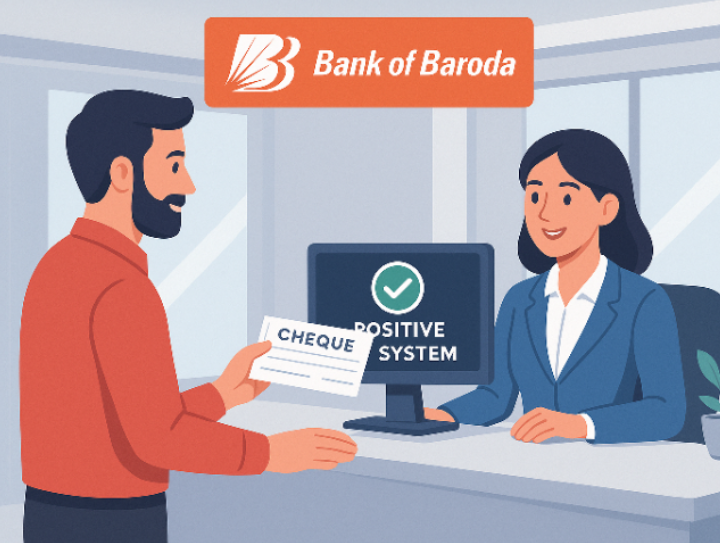
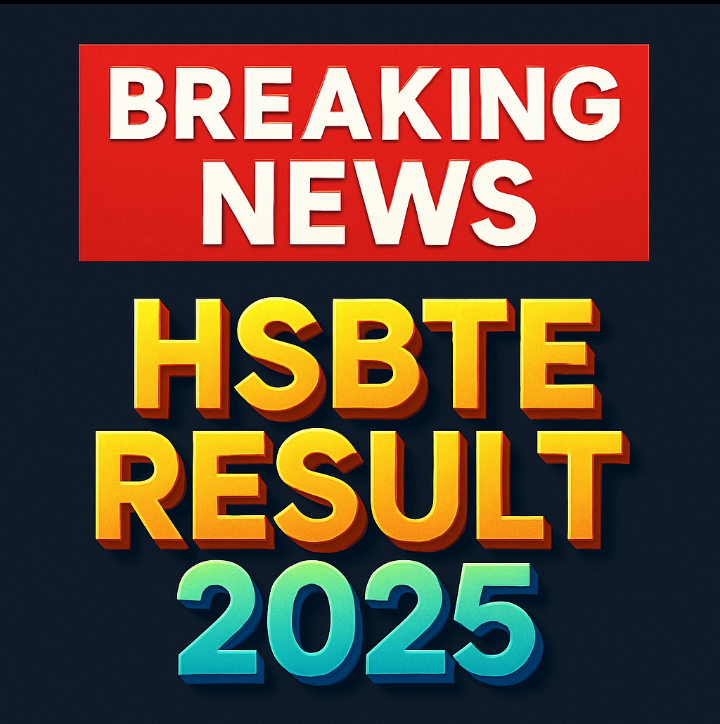
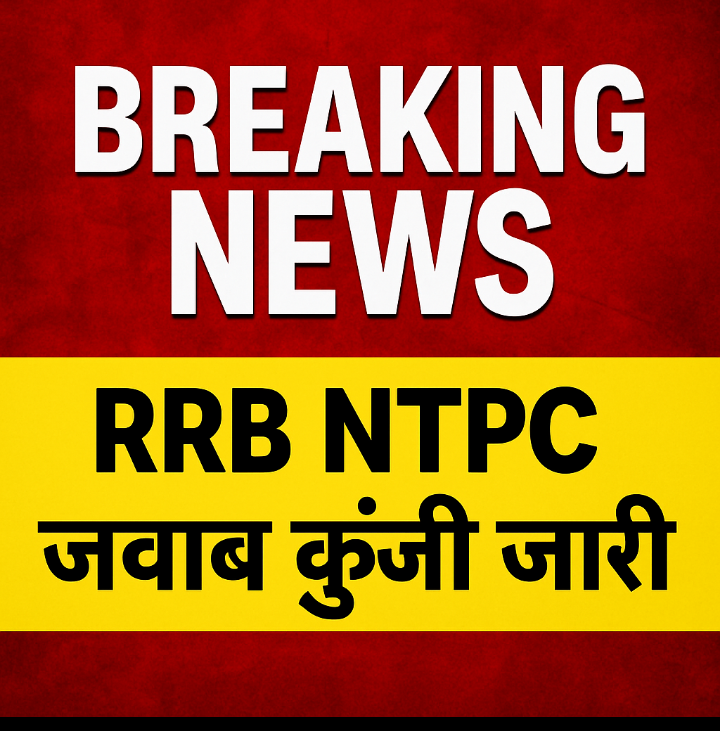


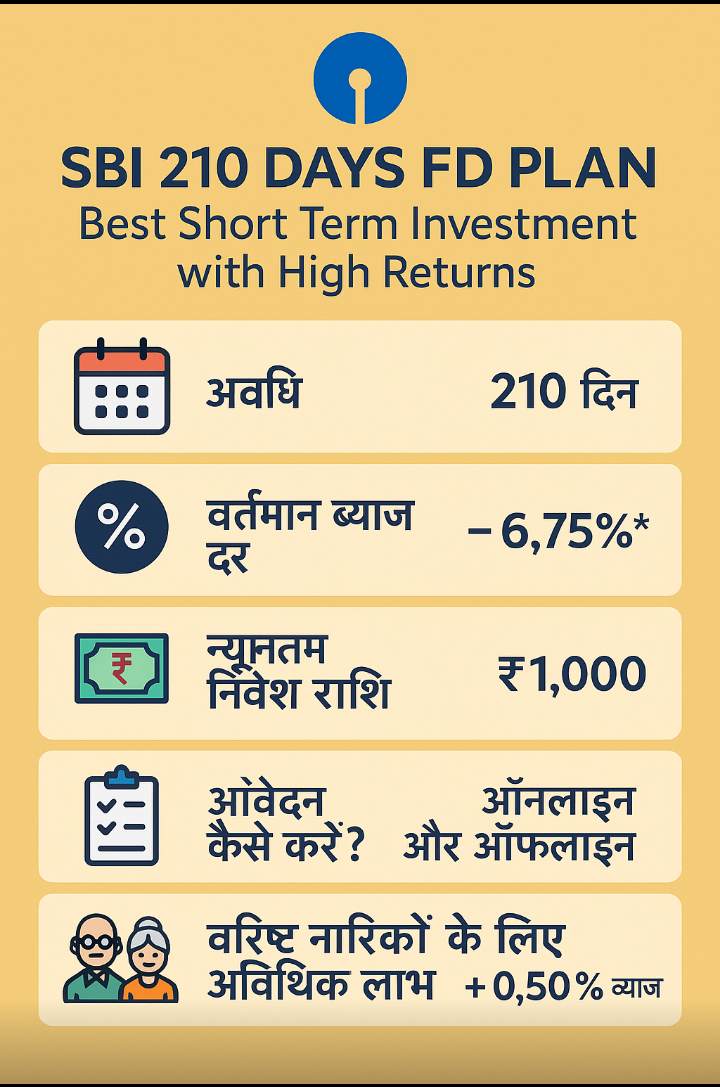


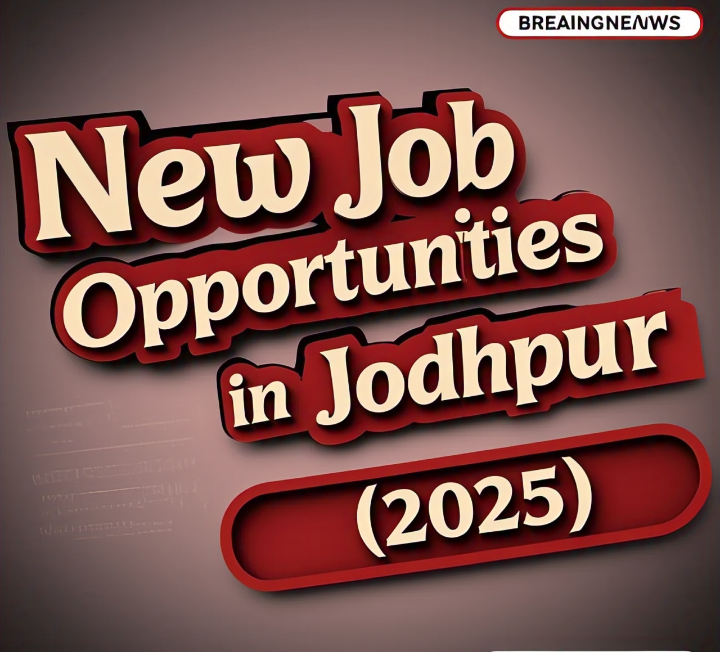
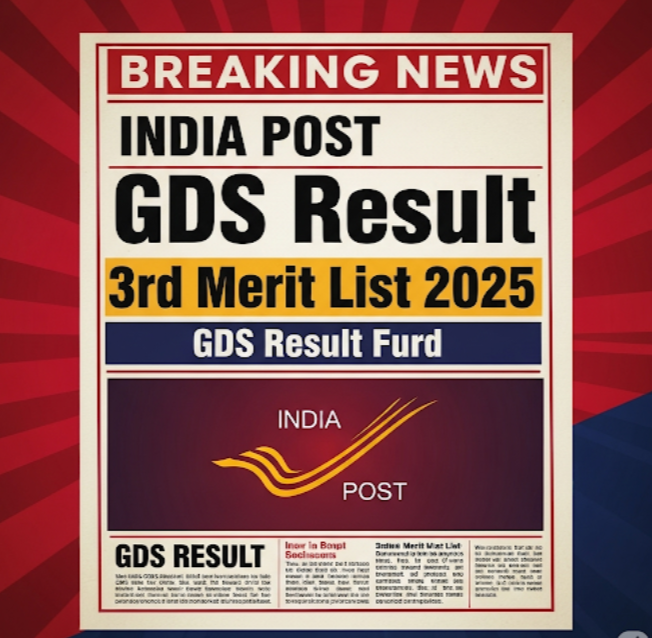
Post Comment